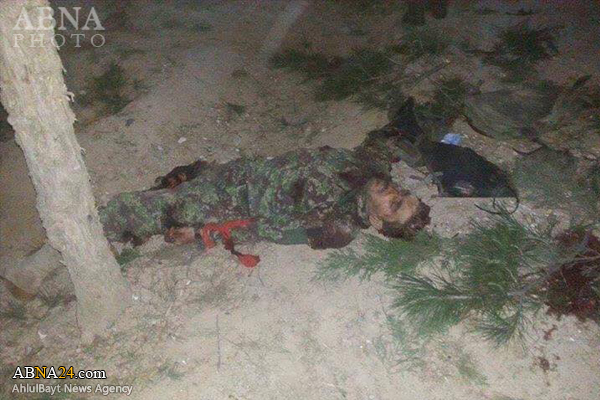The attack on the 209th Corps in Balkh Province began around 1 p.m., in a crowded area where soldiers, most of them unarmed, were leaving Friday Prayer or eating lunch.
A Western military official in Kabul, who spoke on the condition of anonymity because he was not authorized to talk to the media, said the number of deaths could reach 70 or more. Zabiullah Kaker, a member of the Balkh provincial council, said people inside the army corps had told him that at least 66 soldiers were killed in the attack and that 74 were wounded.
But Ahmad Javid Salim, a spokesman for the Afghan Army’s commando forces who was at the scene of the attack, said at least 20 Afghan Army soldiers were killed and 30 were wounded.
Six assailants dressed in military uniforms drove in two army vehicles past the first checkpoint, according to Lt. Col. Abdul Qahar Aram, a spokesman for the corps. At the second checkpoint, one of the suicide bombers blew up his explosives, allowing the militants to enter, take up positions and start firing at soldiers, who were leaving prayers or making their way to lunch.
“The dining room and the mosque are close to each other,” Colonel Aram said. “It was lunchtime; they entered both the mosque and the dining room.”
The Taliban claimed responsibility for the attack through a spokesman, Zabihullah Mujahid. In a message posted on Twitter, Mr. Mujahid said the assailants were led by four soldiers inside the base who had long been Taliban infiltrators.
Hashem Azimi, a member of Balkh provincial council, agreed that the attackers seemed to have had help from the inside, where, he said, at least five infiltrators joined them after they had breached the security measures.
“The two ranger vehicles had pretended that they were coming back from operations at some front line. They were all covered in dust,” Mr. Azimi said. “When they reached the gates of the army corps, they started firing and one of them got off the vehicle and blew himself up.”
The attack came weeks after militants entered the Afghan Army’s main hospital in Kabul, the capital, and killed more than 50 people in a siege that lasted nearly seven hours. The Daesh (ISIS) claimed responsibility for that assault. In that attack, too, security officials said, the militants had inside help.
While the group has been getting attention in recent days because of the American military’s use of its largest conventional bomb against an Daesh cave complex in eastern Afghanistan, the Taliban remain the biggest security threat to the country. The group has expanded its territory over the past couple years and threatens several cities.
Such a major security breach in Balkh, even before the start of the insurgents’ spring offensive, is a major concern to Afghan forces who are already struggling in the fight against the Taliban. In 2016, more than 6,700 Afghan forces were killed in battle.







/298

